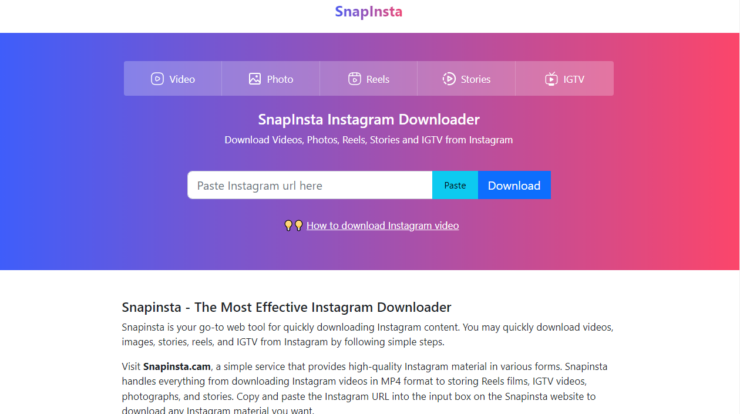
Remote or virtual selling refers to the practice of selling products or services from remote locations. Businesses use remote selling to sell consumer products, devices, software, and services, like consultancies, to their target audiences. Often, remote selling is conducted through video conferencing, phone, or live chats. Although businesses have been practicing remote selling for a long time, the COVIF-19 pandemic has pushed this form of selling to a whole new level as businesses transitioned from face-to-face selling.
Businesses that use remote selling enjoy several benefits, including reduced costs of running business by eliminating recurrent expenses, such as office rent, and increased efficiency since sales teams meet virtually. Remote selling also enables sales reps to reach a wider audience as it transcends geographical barriers and keeps sales teams safe, particularly during this pandemic.
Here are five ways your business can take remote selling to the next level:
1. Know Your Target Audience
Businesses should gather specific information about their customers before they can start selling to them remotely. Having a good understanding of your target customers makes remote selling effective because it enables you to personalize your sales campaigns so they can resonate with them. Businesses can use customer relationship management or call center software to display customer history during calls. This will enable sales reps to customize conversations with customers during remote selling calls.
2. Segment Your Customers
To grow your business with remote selling, you’ll need to segment your target audience and adopt a sales approach that’s ideal for each segment based on their needs. When selling remotely, ensure that your sales agents have the skills to adapt their communication styles and channels to different customer segments.
Ideally, sales agents who engage in remote selling should be aware of the various styles of interaction, as well as be able to recognize individual customer communication styles. If you need your remote sales team trained on these skills, consider hiring a remote selling expert, like Winning By Design, to provide the training. This will allow sales agents to build trust with customers and prospects, and also build lasting relationships with them.
3. Provide Sales Teams With Information About Offerings
Just like in offline selling, businesses that use remote selling should empower their sales agents by ensuring that they have all the information they need about the products or services they’re expected to sell. When they have product specific information and knowledge, they’ll be in a good position to respond to questions or concerns that customers or prospects raise during the selling process. This is easily achieved by using a sales enablement tool like Pitcher. To get them to a place where they can comfortably sell your offerings remotely, ensure that you have them undergo sales training to ensure they understand them and have the competence they need to sell them.
4. Focus On Building Customer Relationships
Businesses that succeed in remote selling place more value on building rapport with customers as opposed to just selling products or services. To take your business to the next level, train your remote sales team to begin establishing credibility and building trust with customers as soon as they initiate contact. The most effective way to do this is to create an alliance with target customers and inform them of their readiness to collaborate in finding products that suit their needs best, and even help them in solving the problems they may be encountering.
Another effective way to build rapport with customers during remote selling is to empathize with them. Businesses should strive to identify their customer needs and empathize with them. To do this, businesses should train their sales reps on how to view situations from the customer’s perspective. This will enable sales agents who engage in remote selling to solve customer problems and be quick to identify and even pursue cross-selling and up-selling opportunities.
5. Personalize Customer Interactions
In remote selling, sales reps engage customers virtually and not face-to-face. To compensate for one-on-one interactions, personalizing engagements between sales agents and customers becomes key in building trust. Businesses can achieve this by addressing customers by their name and customizing the conversations their sales agents have with customers on their needs. To personalize customer interactions effectively, businesses should invest in customer relationship tools that enable them to capture relevant customer information. Sales agents who sell remotely should be trained to use this information to personalize their customer interactions.
Final Thoughts
Remote selling has gained traction in recent years as businesses turned to virtual tools to stay afloat, especially during the COVID-19 pandemic. If you plan to make this form of selling an integral part of your sales strategy, apply the five methods discussed above and grow your business to the next level.



